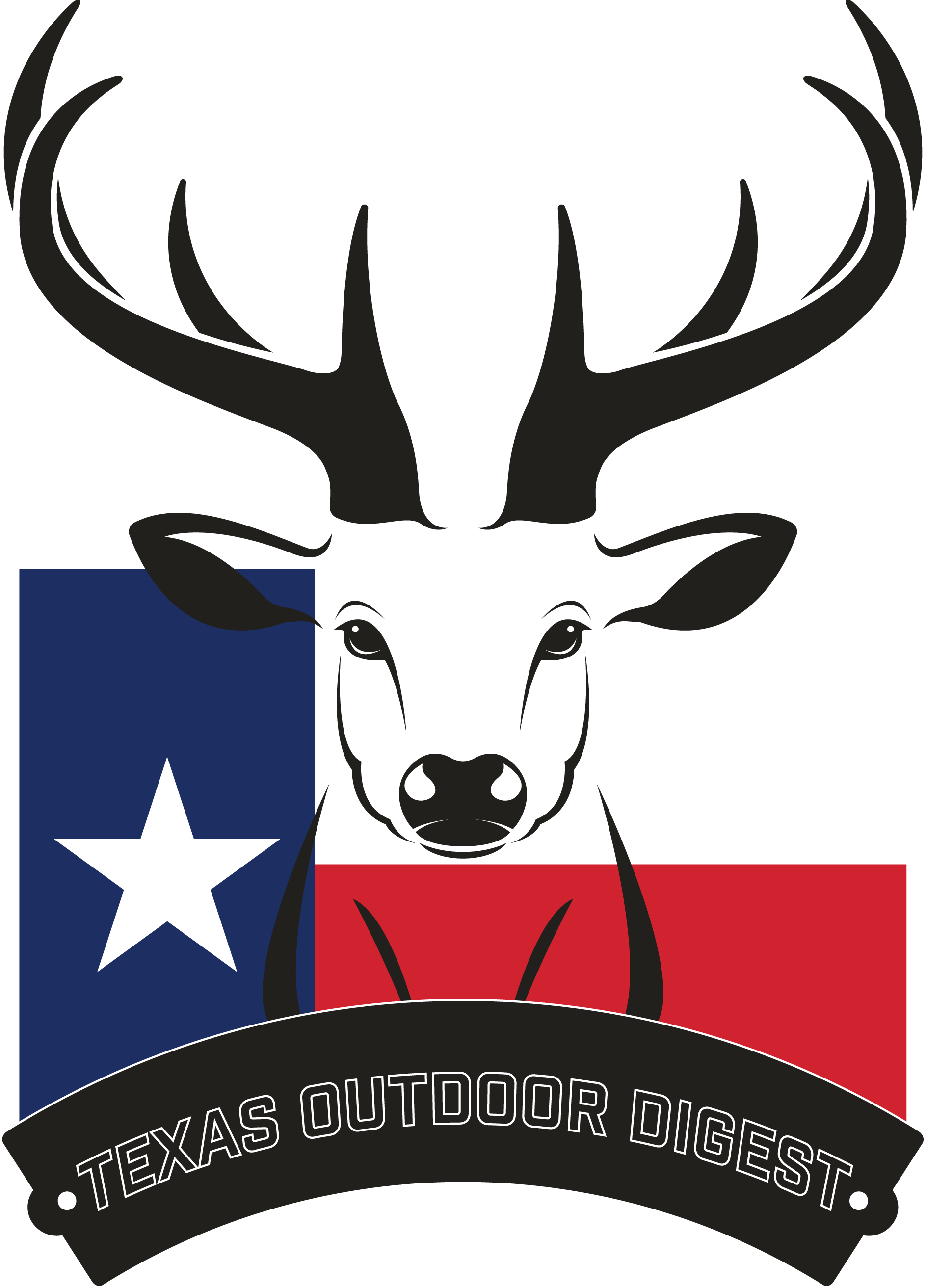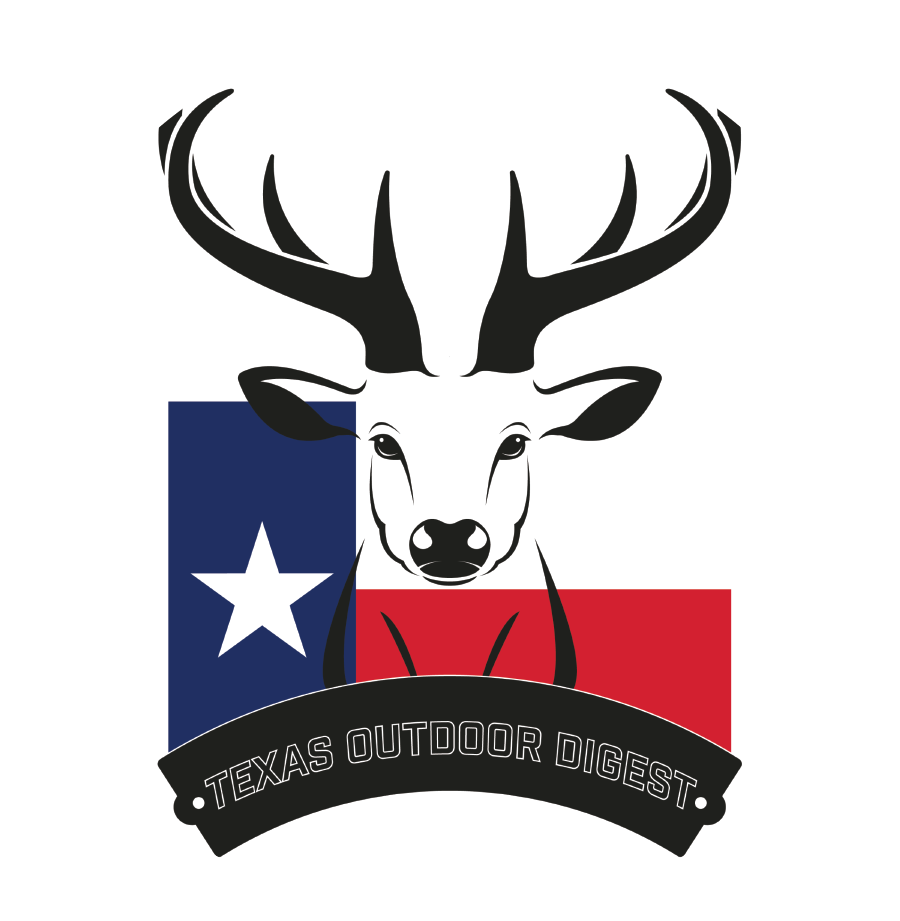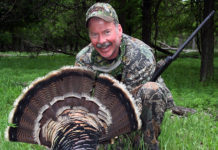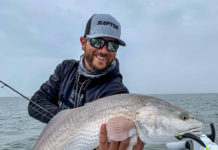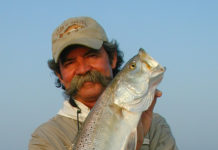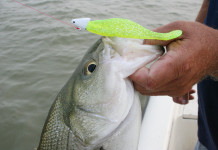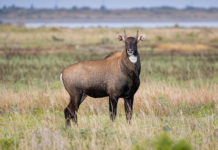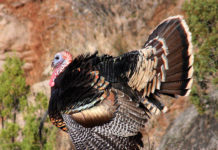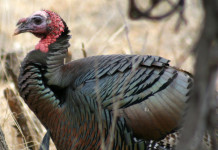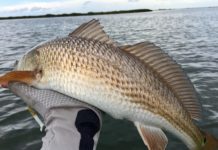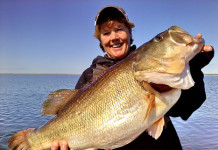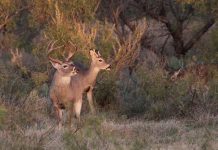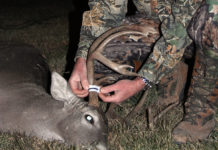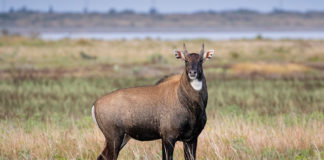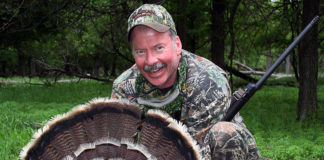There’s no doubt there always will be rotten apples out there, but for the most part, the more than 1 million people who buy hunting licenses in Texas each year are law-abiding citizens.
They’re people who go out of their way to be polite, courteous and open should they be asked anything by a state or federal game warden. And while the majority of hunters would never dream of committing heinous wildlife crimes, they possibly may be breaking a wildlife law and not realize it.
Texas’ hunting regulations can be confusing even to the most experienced hunter, and while the regulations for different areas and species can be found in the Texas Parks and Wildlife Department’s Outdoor Annual and online, many hunters just don’t study up on what they should know. That being said, ignorance has never qualified as a defense, and it’s up to you to know the ins and outs if you’re going to take part in any hunting-related pursuit.
With seasons under way, here’s a quick quiz about what is or isn’t legal in situations that could pop up in coming months:
• You’ve taken the biggest whitetail buck you’ve ever seen on your deer lease and you’re filling out a buck tag you’ve detached from your license. You make sure to write down the name of your lease and the county it’s in. You also mark out the day and month on the tag with your pen. This is the legal way to fill out the tag, true or false?
False. In addition to filling out where you harvested your buck, you also must cut out the day and month on the tag. A hunting buddy one time neglected to cut out the proper places on a pair of doe tags and was dinged with a fine he’d rather not have had to pay. And though it was the last day of the season and the tags would have been useless thereafter, it still didn’t sway the game warden.
• It’s April and the bass are slamming every lure you throw in front of them on your local fishing hot spot. A warden back at the boat dock asks if you kept any fish and wants to see your fishing license. You whip out your super combo license and hand it over. Upon inspection, the warden notices you’re missing two deer tags, but the log on the back of your license is blank. That’s not a violation, true or false?
False. You must log each deer you harvest on the log on your license in addition to properly tagging the animal. Even though deer season’s over, the warden could write you a citation.
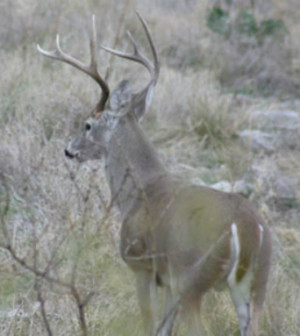
• It’s late at night and you’re driving back to deer camp after a meal in town when a whitetail doe jumps out of nowhere and onto the highway. You didn’t mean to hit the animal, but couldn’t avoid it. It’s legal to take the deer and its meat, true or false?
False. It is against the law to possess a deer or any part of one that has been hit by a motor vehicle. Since an automobile is not a legal hunting method and because it is illegal to hunt from a public roadway, you can’t keep the animal. You should contact the local sheriff’s office or game warden office about the situation and move the deer off the roadway so no one else will run over it.
• You and your buddies had a successful pheasant hunt, each taking a limit of roosters. Before heading home, your group breasts out the birds, making sure to remove the legs, feathers and innards before stuffing them into Ziplocs. This isn’t a violation, true or false?
False. You must leave either a leg with a spur or the entire plumage attached to the carcass until the bird is finally processed. It is unlawful to possess a pheasant with proof of sex removed, and hen pheasants cannot be harvested during the December season.
• After accepting an invitation from a friend to hunt doves later in the season, you find yourself leaving the field with a half-dozen birds in your waist pouch. Another friend who came out later to hunt catches up to you and offers you the same number of birds he harvested to get you closer to your bag limit. It’s legal to accept them, true or false?
False. A person may not transfer or give migratory game birds to another person while in the field. After leaving the field, a person must have a wildlife resource document for any game bird not in the immediate possession of the person who took them.
• You are driving on a ranch road this month at your property out in the country and spot a pack of feral hogs scampering toward the horizon. You stop the truck, break out the .270 from the gun rack and get a steady rest on a nearby fencepost. The biggest boar in the group is at the rear of the pack, and after drawing a bead on him, you squeeze off a round. It’s a clean harvest and after loading the piggy in the bed, you head back to the ranch house. A local game warden happens to be in the area and hears the shot, stopping by to check out what’s going on. You don’t have a hunting license yet because you only pursue deer with a rifle, but it’s legal to take a hog without a license, true or false?
False. Though feral hogs are not classified as game animals, you must possess a valid hunting license to harvest them. There is an exception in the hunting regulations about not needing a license to take depredating hogs, which is rather misleading, especially considering the damage they do each year on crops of all kinds. It’s best to have a license should you have hogs around and could be tempted, especially if you have to prove anything to a state agent.
For more hunting regulations, visit Texas Parks and Wildlife’s website.
